

Articles
How To Store Rice Noodles
Modified: May 6, 2024
Discover the best way to store rice noodles with these helpful articles. Keep your noodles fresh and tasty for longer periods of time.
(Many of the links in this article redirect to a specific reviewed product. Your purchase of these products through affiliate links helps to generate commission for Storables.com, at no extra cost. Learn more)
Introduction
When it comes to versatile and delicious noodles, rice noodles undoubtedly take a top spot. Loved for their delicate texture and ability to absorb flavors, rice noodles are a staple in many Asian cuisines. Whether you are using them in stir-fries, soups, or salads, ensuring that they are stored properly is crucial to maintain their freshness and quality.
In this article, we will guide you through the process of storing rice noodles to help you preserve their taste and texture for longer periods. Whether you have dry rice noodles, fresh rice noodles, or leftover cooked rice noodles, we have got you covered with some handy tips and tricks. Let’s dive in!
Key Takeaways:
- Elevate your noodle game by storing rice noodles properly. From choosing the right type to preventing sticking, these tips ensure your noodles stay fresh and delicious for all your culinary adventures.
- Whether it’s dry, fresh, or cooked, proper storage is key to enjoying flavorful rice noodles. Follow these guidelines to preserve their delicate texture and enhance your dishes with ease.
Read more: How To Store Noodles
Choosing and Buying Rice Noodles
Before we delve into the art of storing rice noodles, it’s important to know how to choose and buy the right ones. There are various types and thicknesses of rice noodles available in the market, and selecting the right one for your dish can make a significant difference in the outcome.
Firstly, consider the type of rice noodle you need for your recipe. There are thin rice noodles, also known as rice vermicelli, which are perfect for soups and stir-fries. These noodles cook quickly and have a delicate texture. On the other hand, if you’re looking for thicker and wider noodles, consider flat rice noodles or pad Thai noodles, which are commonly used in dishes like Pad Thai or Chow Fun.
When purchasing rice noodles, always check the ingredients list and opt for brands that use minimal additives and preservatives. Look for noodles made from high-quality rice flour, which will result in superior taste and texture. Pay attention to the packaging as well, ensuring that it is intact and free from any damage or moisture.
Additionally, take note of the noodle’s shelf life. Dry rice noodles typically have a longer shelf life compared to fresh rice noodles. However, it’s essential to check the expiration date and consume them before it expires to ensure optimal freshness.
Lastly, consider the quantity you will need. Rice noodles usually expand during cooking, so be mindful of the amount you purchase to avoid wastage.
By choosing and buying the right rice noodles, you are setting the foundation for a delicious and satisfying meal. So, be mindful of the type, quality, and quantity to ensure the best outcome for your culinary adventures!
Storing Dry Rice Noodles
Storing dry rice noodles properly is essential to maintain their quality and prevent them from becoming brittle or stale. Follow these steps to ensure that your dry rice noodles stay fresh:
- Keep them in a cool, dry place: Find a cool and dry storage area in your pantry or kitchen cabinet. Excessive heat or humidity can cause the noodles to spoil or become moldy. Avoid storing them near the stove or any other source of heat.
- Utilize airtight containers or resealable bags: Transfer the dry rice noodles from their original packaging into airtight containers or resealable bags. This helps to protect them from exposure to moisture and air, which can lead to premature spoilage or loss of texture.
- Label the containers: To ensure you can easily identify the type of rice noodle and the expiration date, label the containers or bags with this information. This will help you keep track of the noodles’ freshness and use them before they expire.
- Avoid crushing the noodles: Take care not to place heavy objects on top of the containers or bags to avoid crushing the delicate noodles. Keep them in an upright position to maintain their shape and texture.
- Use within the recommended shelf life: Dry rice noodles typically have a long shelf life, but it’s still important to use them within the recommended time frame. Check the expiration date on the original packaging or refer to the manufacturer’s instructions for the specific shelf life of the noodles.
By following these storage guidelines, you can ensure that your dry rice noodles remain fresh and ready to use whenever you crave a delicious noodle dish.
Storing Fresh Rice Noodles
Fresh rice noodles have a soft and delicate texture and require careful storage to maintain their freshness. Here’s how you can store fresh rice noodles properly:
- Refrigerate immediately: Fresh rice noodles are highly perishable, so it’s crucial to refrigerate them as soon as possible. Place the noodles in a resealable bag or an airtight container to minimize exposure to air and moisture.
- Separate into portion sizes: If you have a large quantity of fresh rice noodles, consider dividing them into individual portion sizes before storing. This way, you can thaw and use only what you need without exposing the entire batch to air and potential spoilage.
- Use within a few days: Fresh rice noodles typically have a short shelf life and should be consumed within a few days of purchase or production. Check the packaging or consult the seller for specific storage and consumption guidelines.
- Do not freeze: Unlike dry rice noodles, fresh rice noodles do not freeze well. Freezing can alter their texture and make them excessively chewy or mushy. It’s best to consume them while they are fresh.
Remember to handle fresh rice noodles with care and keep them refrigerated to ensure their quality and taste. Use them promptly to enjoy their delicate texture and enhance your dishes.
After cooking, rinse rice noodles with cold water to stop the cooking process and prevent them from sticking together. Toss them with a little oil to prevent clumping, then store in an airtight container in the refrigerator for up to 3 days.
Storing Cooked Rice Noodles
Leftover cooked rice noodles can be stored for future use, allowing you to enjoy a quick and convenient meal. Follow these steps to store cooked rice noodles correctly:
- Cool down the noodles: Allow the cooked rice noodles to cool completely before storing them. This can be done by spreading them out on a baking sheet or plate and letting them sit at room temperature for a short period.
- Portion into individual servings: Divide the cooled rice noodles into individual servings or portion sizes. This makes it easier to use only what you need without thawing the entire batch.
- Place in airtight containers: Transfer the cooked rice noodles to airtight containers or resealable bags. Make sure the containers are tightly sealed to prevent air and moisture from entering. This will help maintain the texture and prevent the noodles from drying out.
- Refrigerate promptly: Place the airtight containers of cooked rice noodles in the refrigerator as soon as possible. They can be kept refrigerated for up to 3-4 days, ensuring that they are consumed within that timeframe.
- Reheat properly: When you’re ready to use the stored cooked rice noodles, it’s important to reheat them properly. Place the desired portion in a microwave-safe dish or a steamer and heat until warmed through. Avoid overheating or leaving them in the microwave or steamer for too long, as this can make the noodles mushy and lose their texture.
By following these steps, you can store cooked rice noodles effectively and enjoy them later as a quick and delicious meal option.
Read more: How To Store Spaghetti Noodles
Tips for Preventing Rice Noodles from Sticking
Rice noodles have a tendency to stick together, especially when they are cooked or stored improperly. To prevent this common issue and ensure your noodles are separate and delicious, consider the following tips:
- Rinse with cold water: Before cooking the rice noodles, rinse them under cold water. This helps remove excess starch and prevents them from clumping together during the cooking process.
- Use ample water when cooking: When boiling rice noodles, make sure to use a large pot with plenty of water. This allows the noodles to move freely and prevents them from sticking together. Follow the cooking instructions on the packaging for the recommended water-to-noodle ratio.
- Stir while cooking: While the rice noodles are cooking, give them a gentle stir occasionally to prevent them from sticking. Use chopsticks or a fork to separate any strands that may have clumped together.
- Do not overcook: Overcooking rice noodles can make them mushy and sticky. Follow the recommended cooking time on the packaging and test the noodles for doneness before draining. They should be tender but still have a slight bite.
- Toss with oil after cooking: After draining the cooked rice noodles, toss them with a small amount of oil. This will help prevent them from sticking together as they cool down.
- Individual portion sizes: If you are storing cooked rice noodles, portion them into individual servings as mentioned earlier. This prevents the need to separate a large clump of noodles when you want to use them later.
- Add sauce or dressing just before serving: If you are using rice noodles in a stir-fry or salad, avoid adding the sauce or dressing until just before serving. This prevents the noodles from absorbing too much moisture and becoming sticky.
- Use non-stick cookware: When cooking rice noodles, consider using non-stick cookware. This can help prevent the noodles from sticking to the bottom of the pan, making it easier to stir and separate them.
- Store properly: Follow the appropriate storage guidelines for the type of rice noodles you have, whether they are dry, fresh, or cooked. Proper storage helps maintain the texture of the noodles and prevents them from sticking together.
By applying these tips, you can ensure that your rice noodles remain separate and enjoyable, enhancing the overall taste and presentation of your dishes.
Conclusion
Storing rice noodles properly is essential for maintaining their freshness, texture, and flavor. Whether you have dry rice noodles, fresh rice noodles, or leftover cooked rice noodles, following the right storage techniques will ensure that you can enjoy delicious noodle dishes whenever you desire.
When choosing and buying rice noodles, consider the type, quality, and quantity that best suit your recipe. Opt for brands with minimal additives and preservatives and check the packaging for the expiration date.
For dry rice noodles, store them in a cool and dry place in airtight containers or resealable bags to protect them from moisture and air. Label the containers to keep track of their freshness.
Fresh rice noodles require refrigeration as soon as possible. Divide them into portion sizes and refrigerate for a short shelf life. Do not freeze fresh rice noodles as it can affect their texture.
When storing cooked rice noodles, allow them to cool completely and store them in airtight containers in the refrigerator. Reheat them properly and enjoy their convenience for quick meals.
To prevent rice noodles from sticking together, rinse them before cooking, use ample water, and stir gently during cooking. Toss them with oil after cooking, and add sauce or dressing just before serving. Using non-stick cookware and following proper storage guidelines are also key.
By implementing these tips and techniques, you can ensure that your rice noodles remain separate, flavorful, and ready to elevate your noodle dishes to the next level of deliciousness. Enjoy the versatility of rice noodles and explore the vast array of dishes they can enhance!
Now that you've mastered storing rice noodles, why not take your organizational skills to the next level? Tidying up your pantry can transform meal prep from stressful to seamless. We've got just the guide to help you sort, categorize, and maintain a pantry that makes cooking a breeze. Learn to maximize space and find ingredients in no time with our comprehensive tips on pantry organization.
Frequently Asked Questions about How To Store Rice Noodles
Was this page helpful?
At Storables.com, we guarantee accurate and reliable information. Our content, validated by Expert Board Contributors, is crafted following stringent Editorial Policies. We're committed to providing you with well-researched, expert-backed insights for all your informational needs.

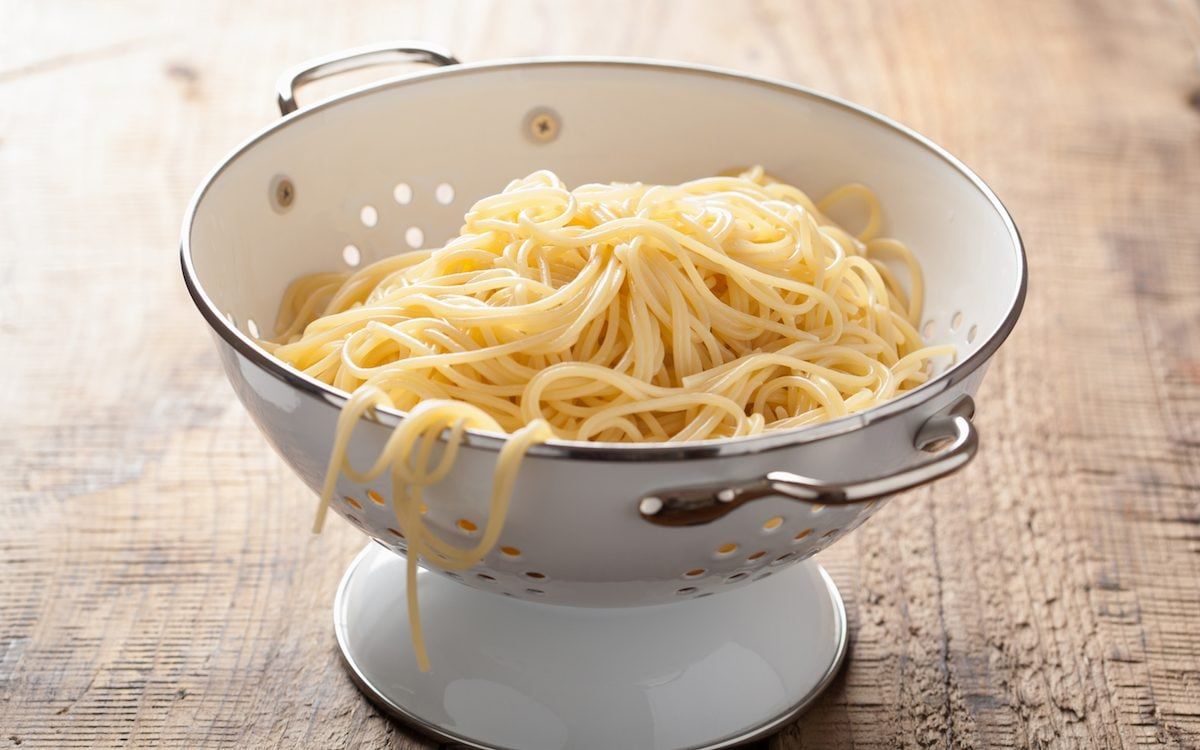

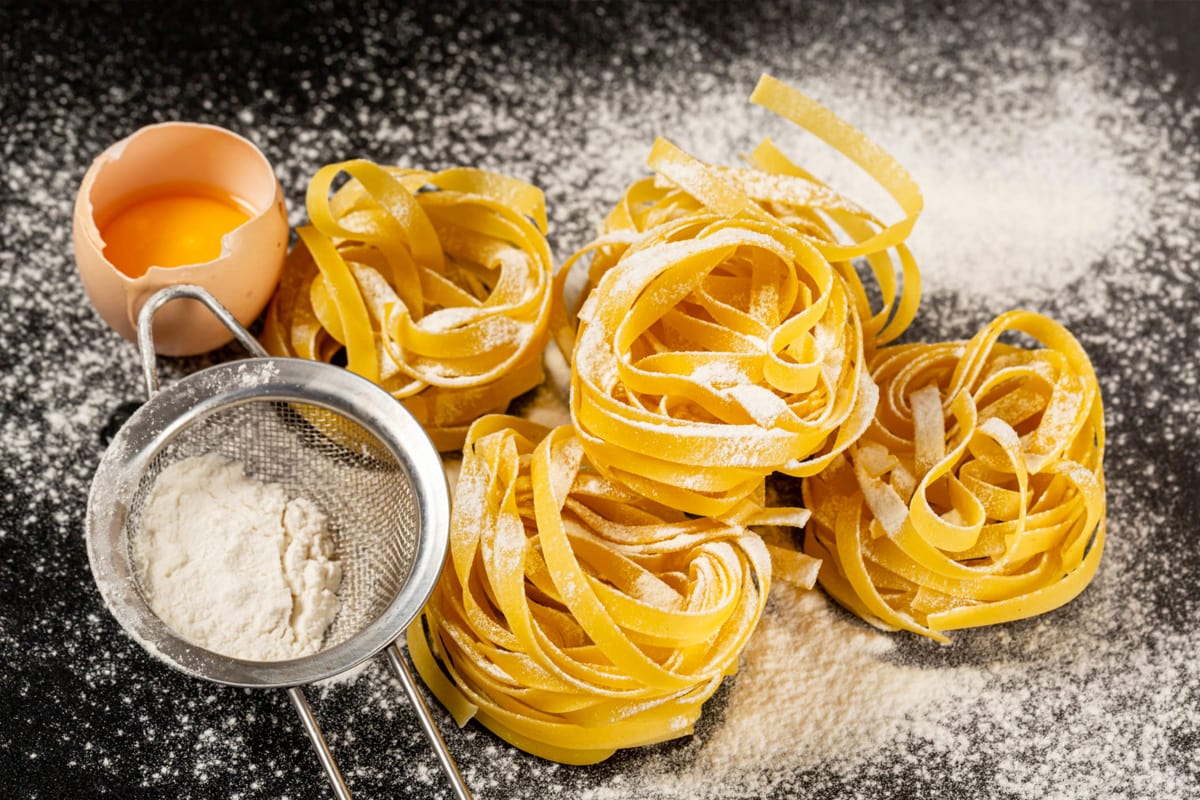
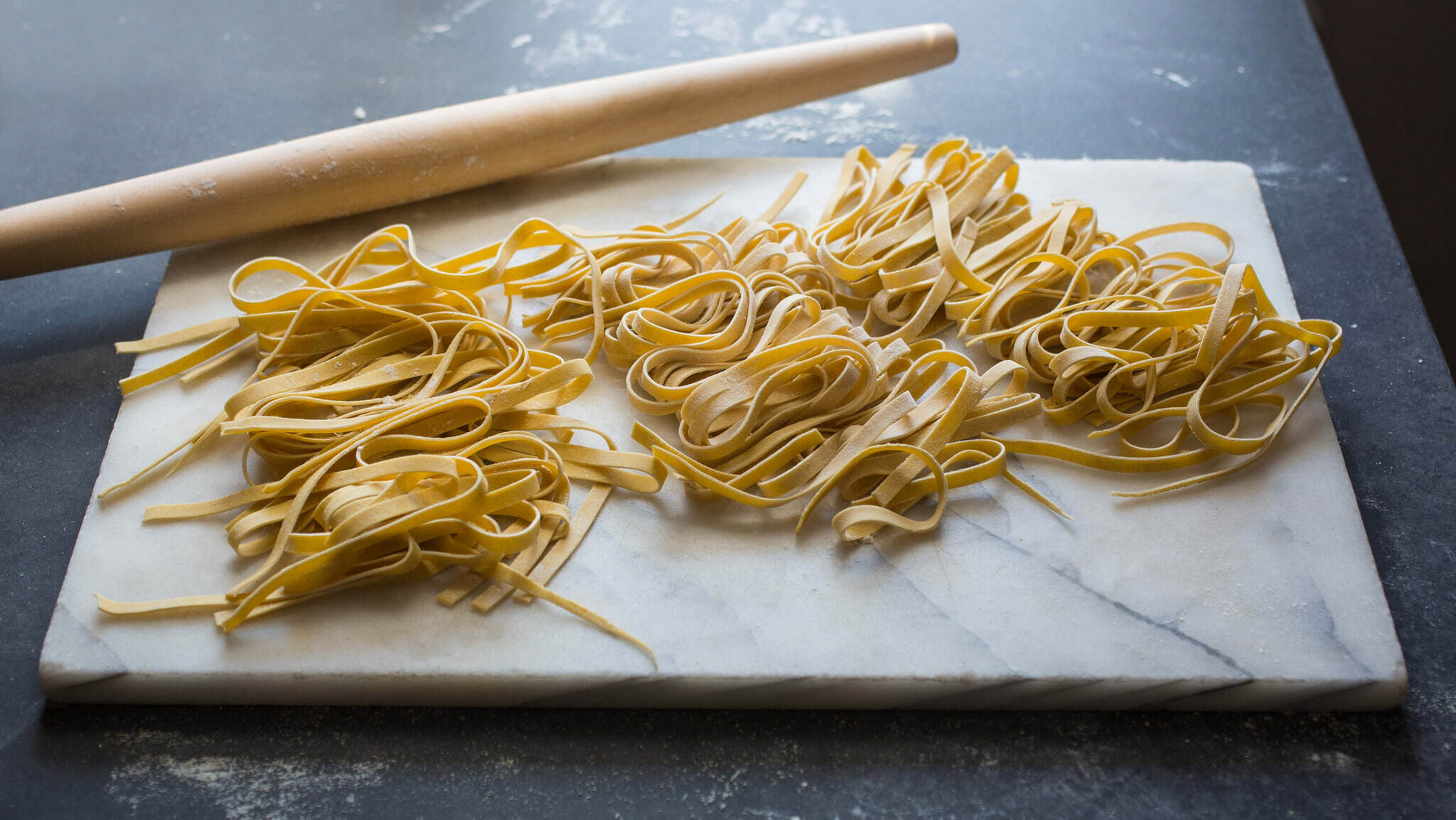

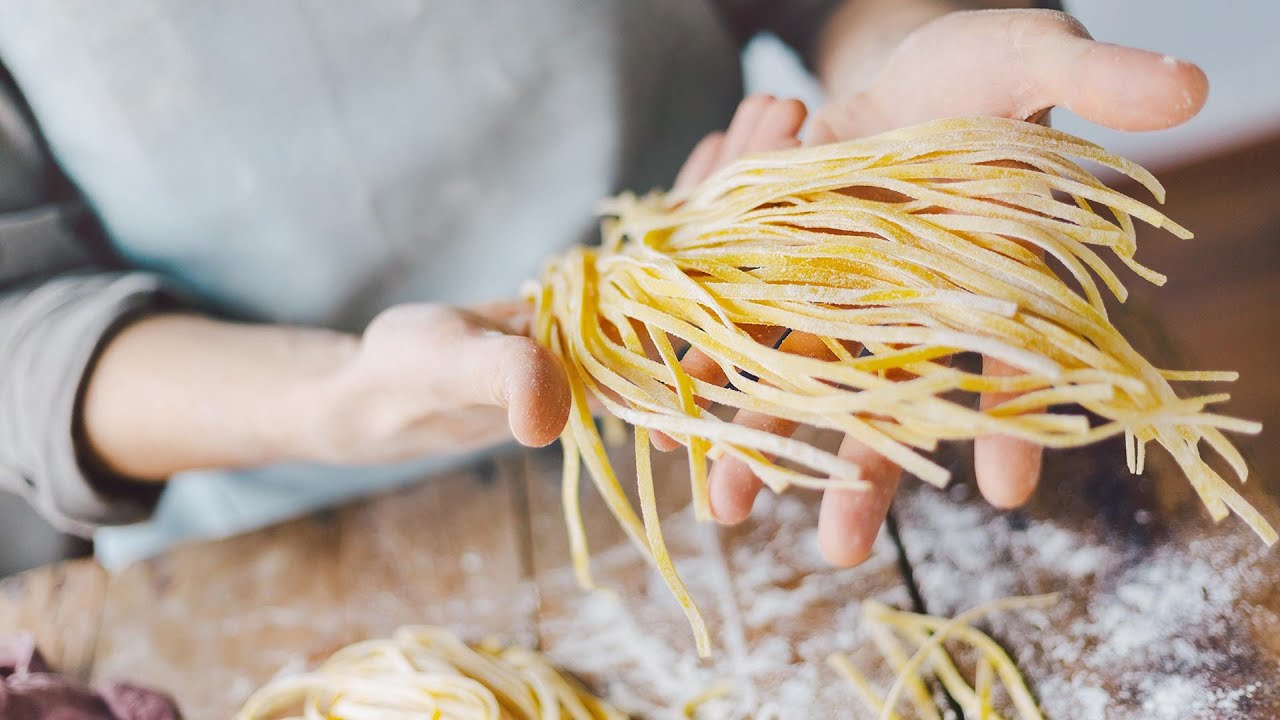
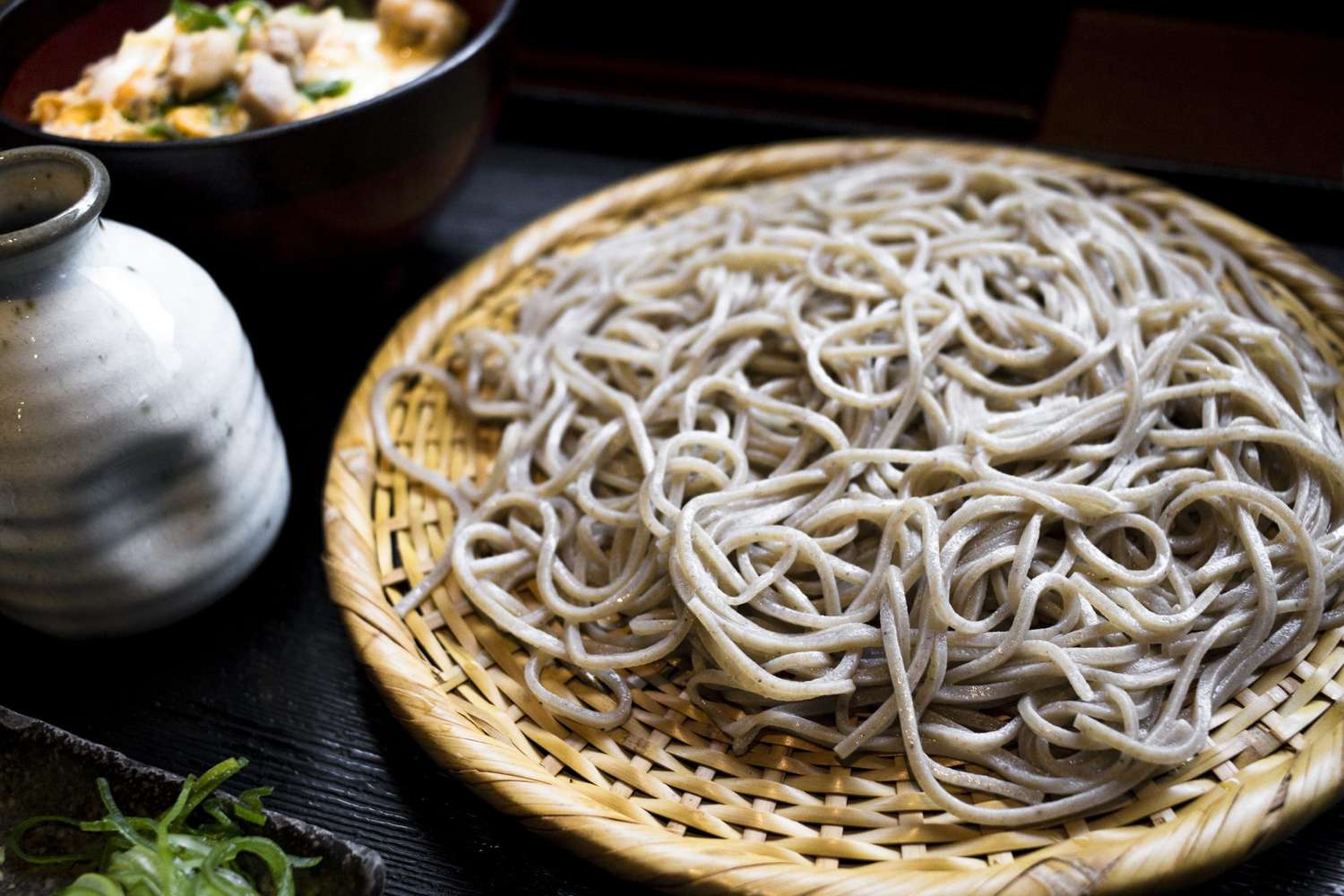
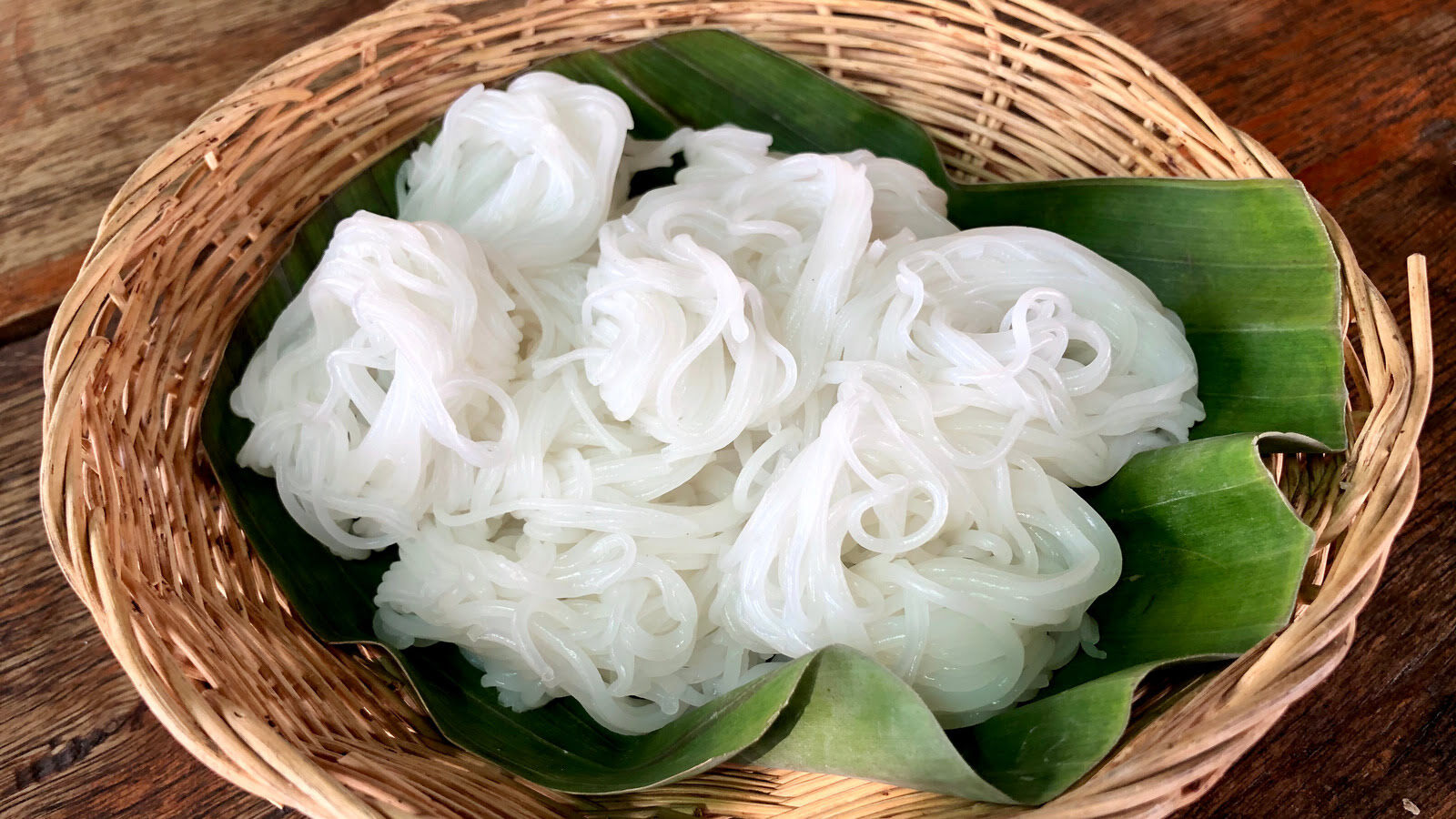
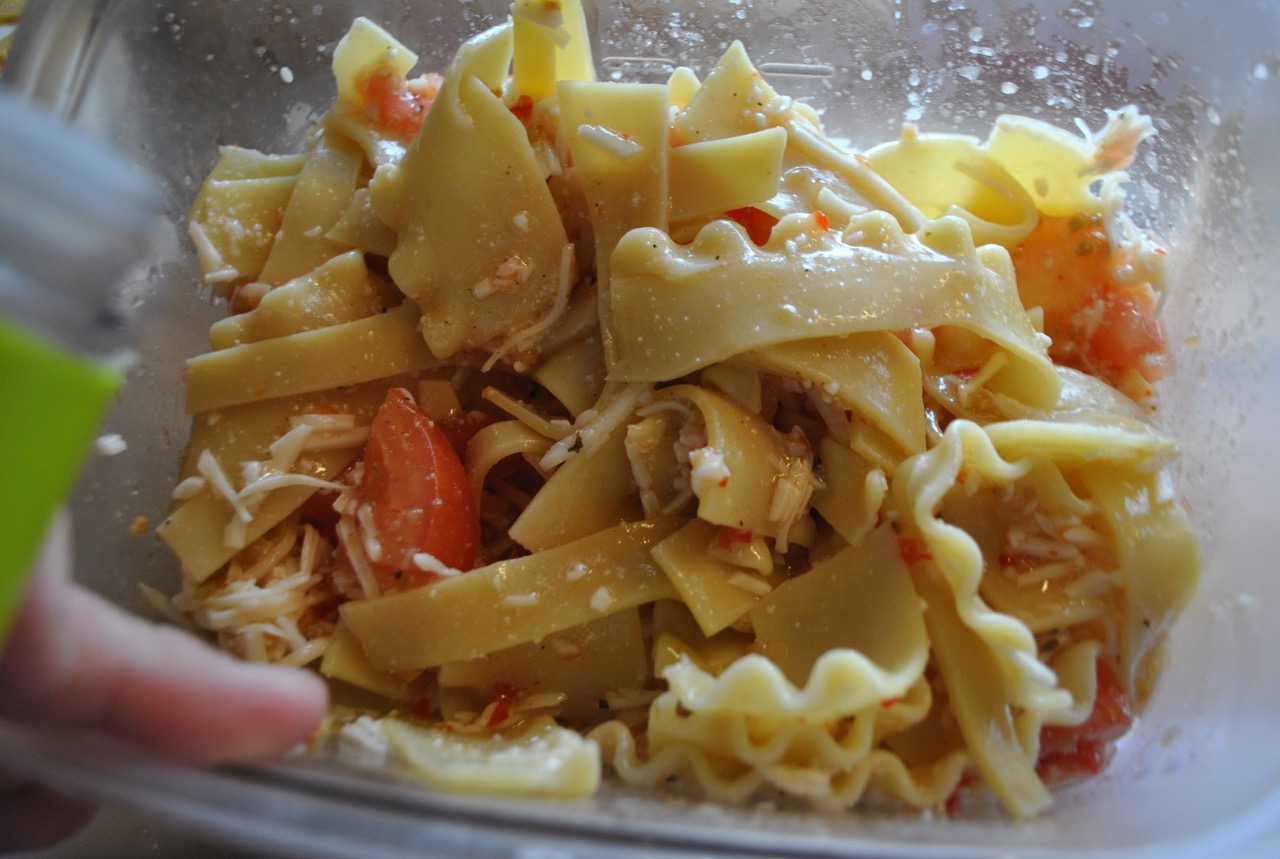
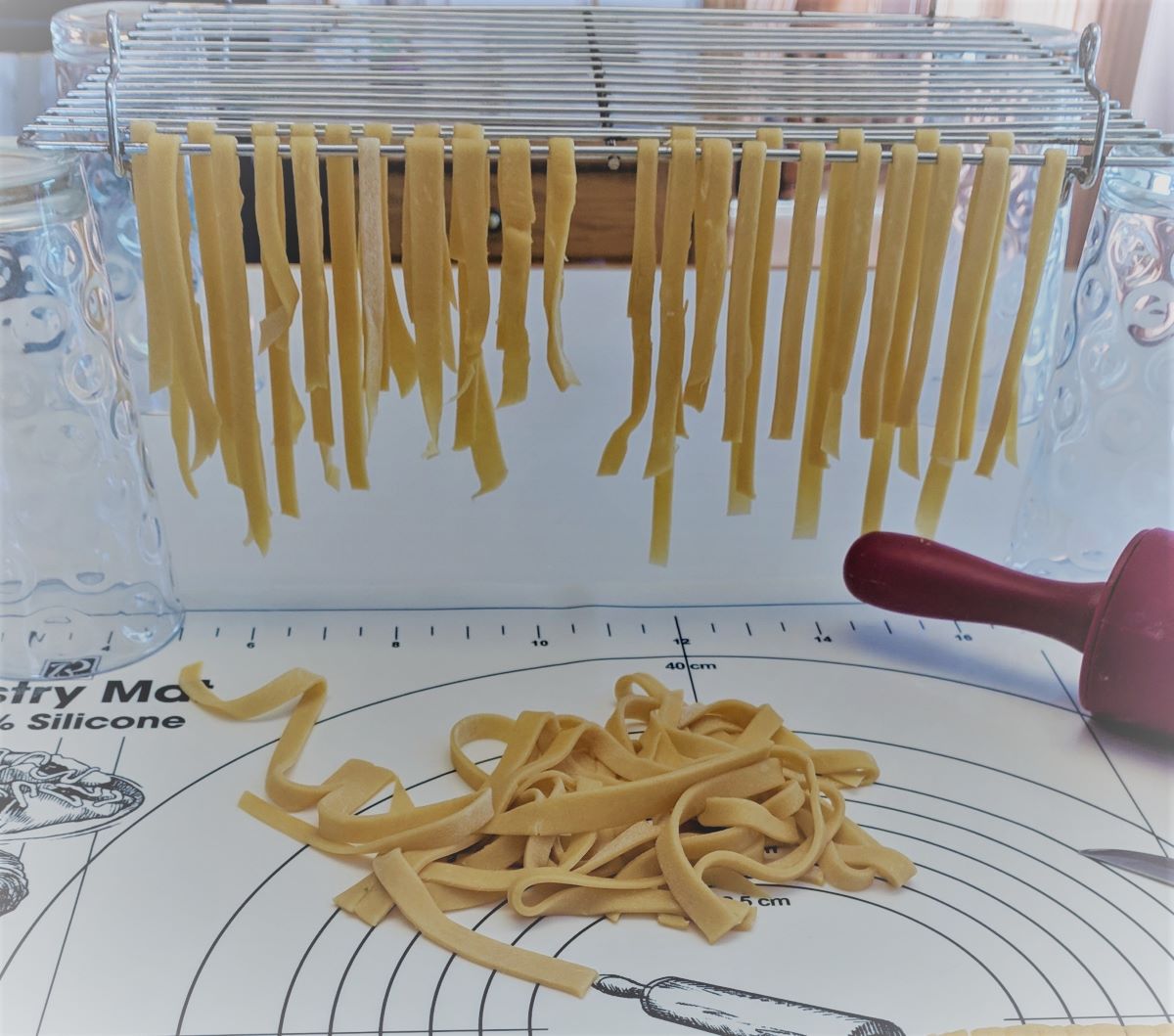
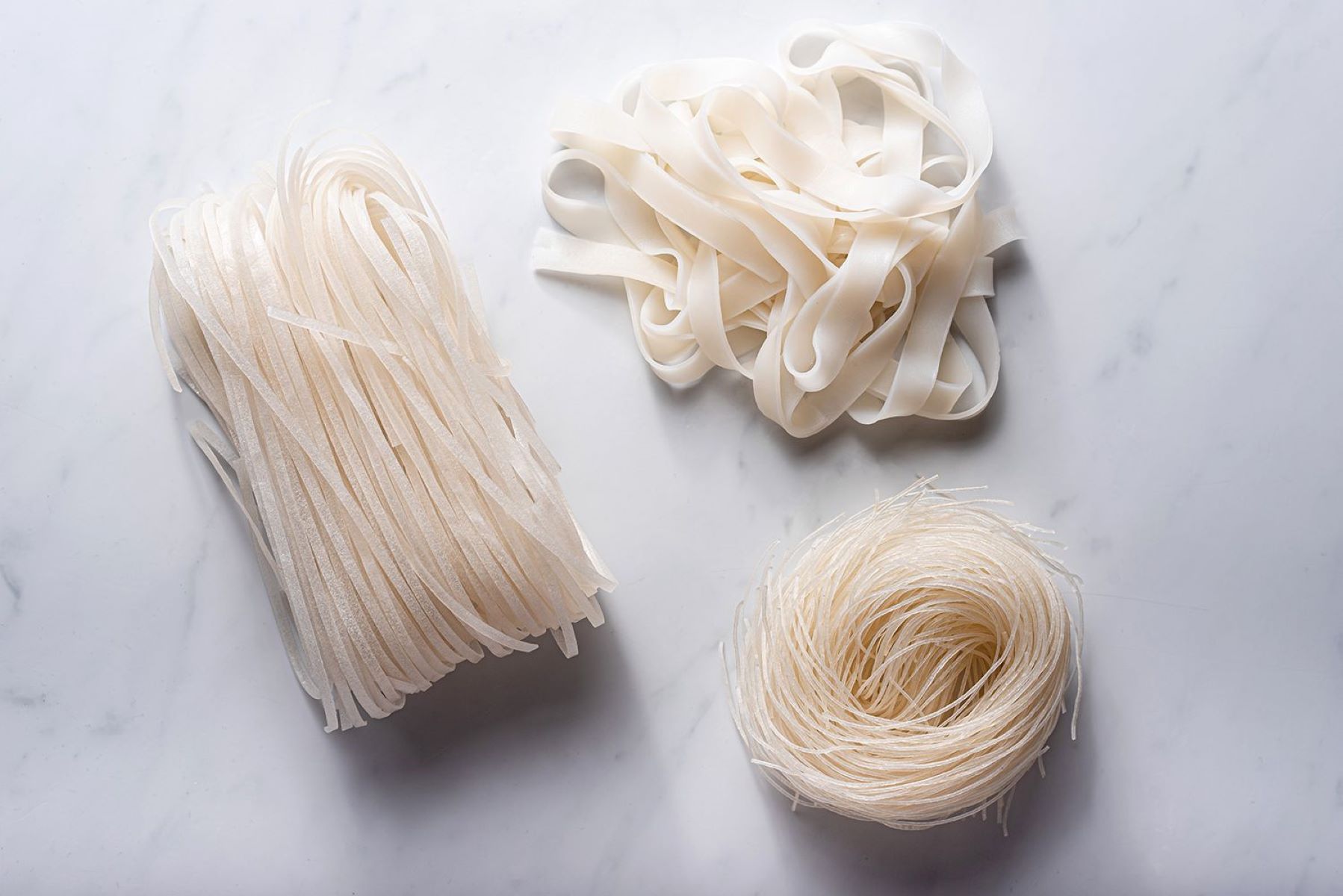
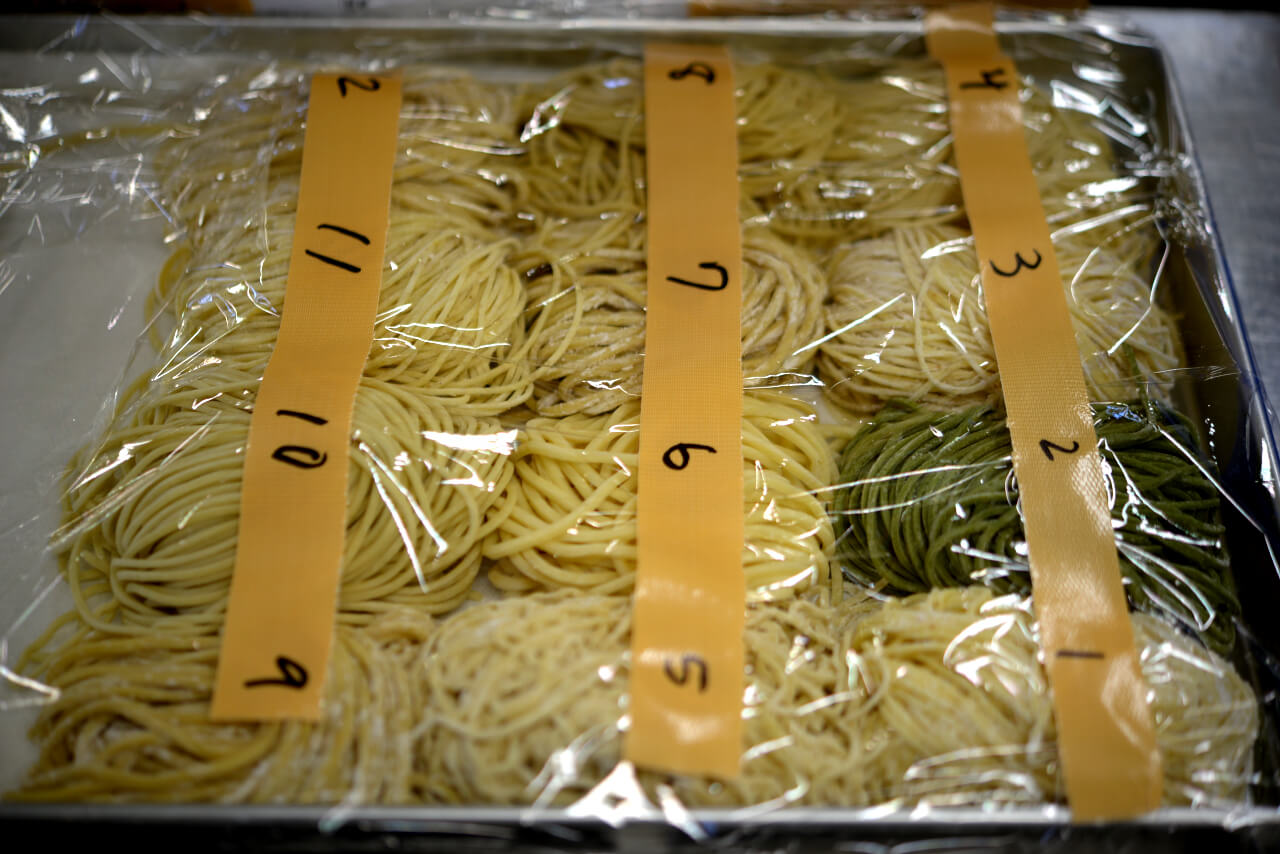
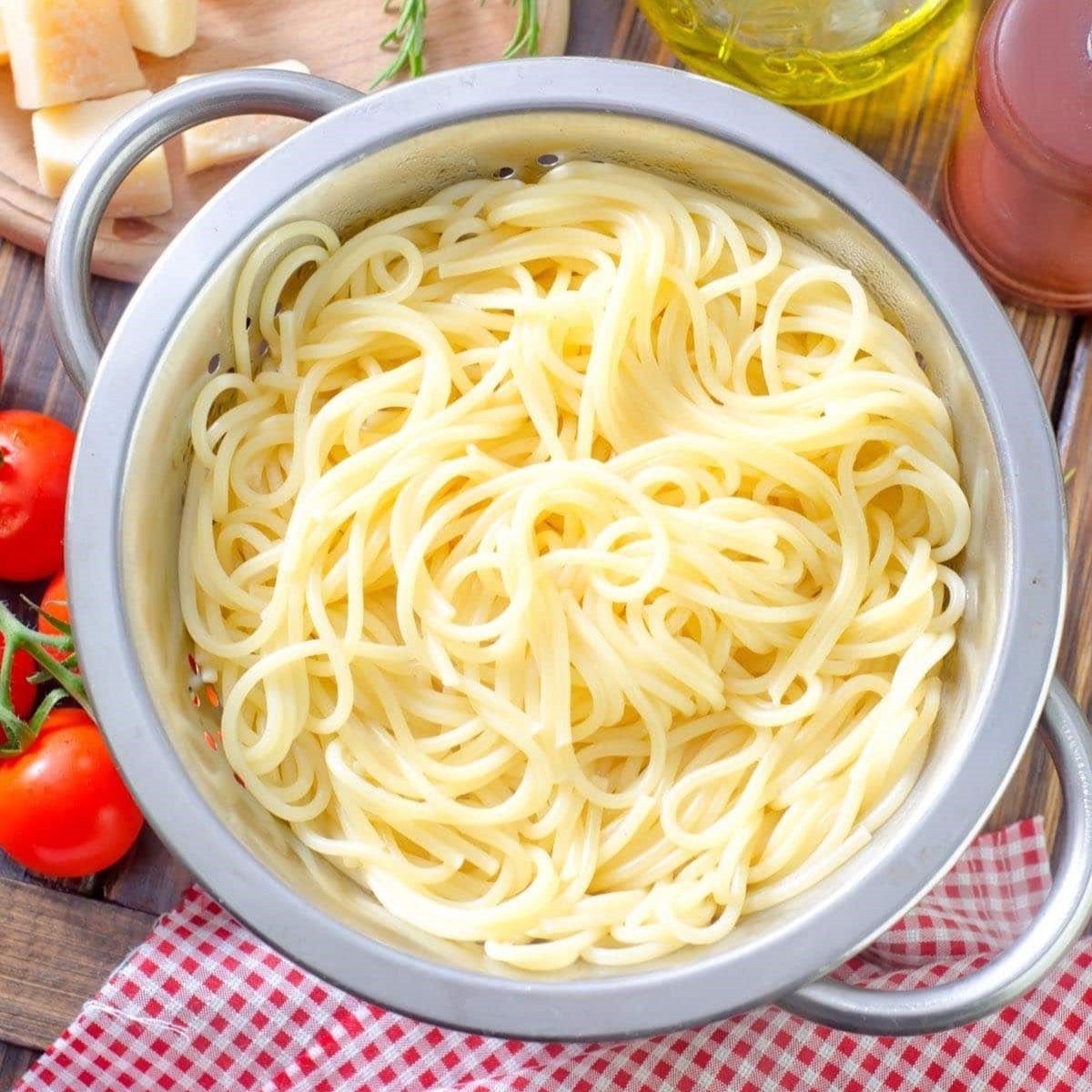

0 thoughts on “How To Store Rice Noodles”